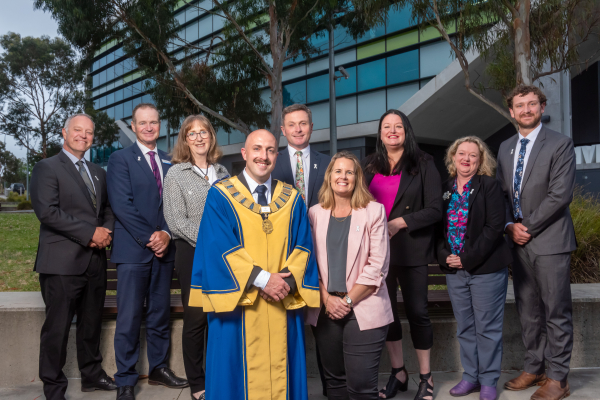Breast Cancer Network Australia (BCNA) is today welcoming the opening of an access program for the drug Kisqali (ribociclib) for second line treatment of people with hormone receptor positive, HER2-negative metastatic breast cancer.
The CDK inhibitor has been shown in clinical trials to significantly slow down the progression of the disease, control symptoms and help to maintain a good quality of life for as long as possible.
BCNA CEO Kirsten Pilatti says, after many years of hard work and pressure applied to pharmaceutical companies to open up access to CDK inhibitors, BCNA is pleased Novartis has responded to the call.
“This will mean so much to women and men who are currently living with metastatic breast cancer, and those who may be diagnosed in the future. At a cost of around $5,000 per month, Kisqali is well out of the reach of many Australian families. This program will mean they won’t have to mortgage their house or take out a loan during what is already a difficult and stressful time for them.”
Kisqali was added to the PBS in July 2018 for first line treatment for metastatic breast cancer, meaning it is only subsidised for people who have had no previous treatment for metastatic breast cancer.
Since 2017, BCNA has been calling on pharmaceutical companies to open access programs so that people who have had previous treatment for metastatic disease and who may benefit from a CDK inhibitor are able to access one at an affordable price.
Novartis’ SPARK Plus Access program will allow eligible patients to access Kisqali free of charge for second and first line treatment in combination with the drug Faslodex (fulvestrant). Fulvestrant is not listed on the PBS and is not provided as part of the SPARK Plus Access program. Patients will need to access it independently, which will incur a cost. Patients should speak with their medical oncologist for








